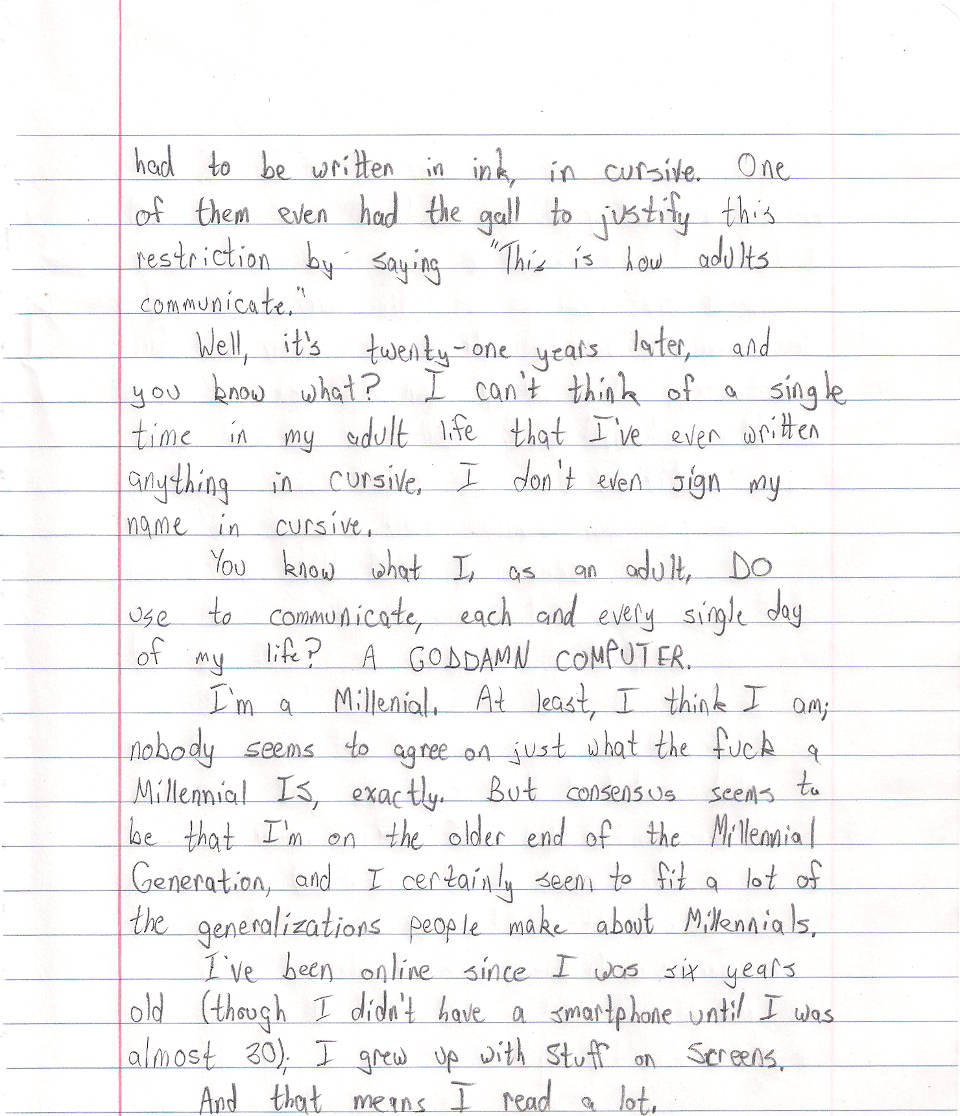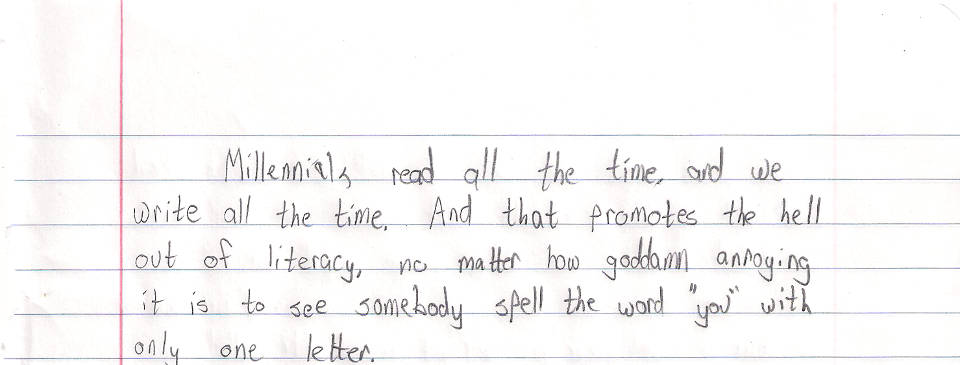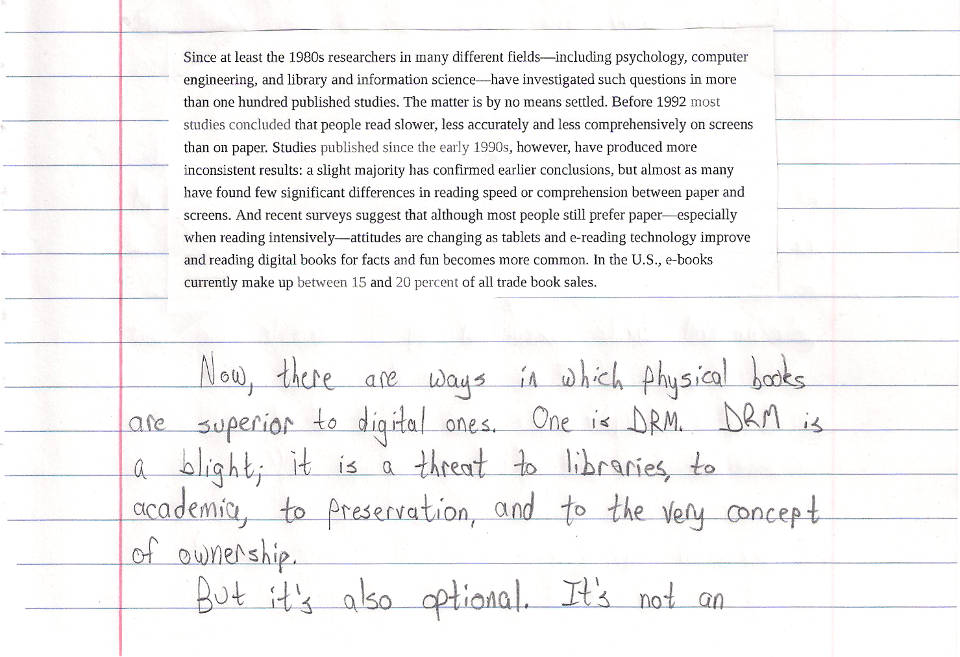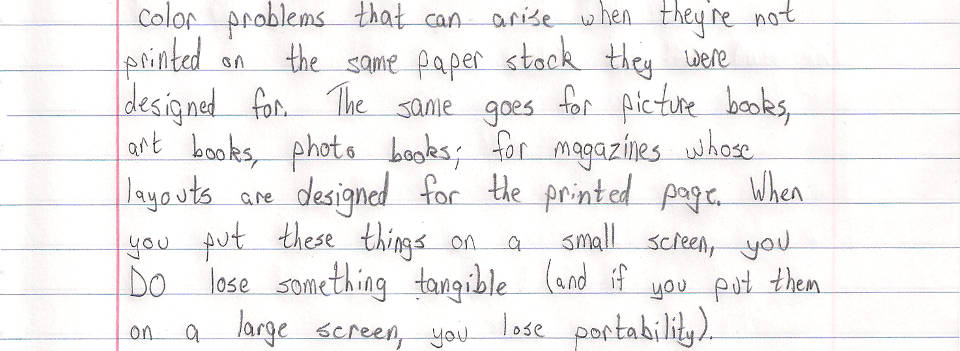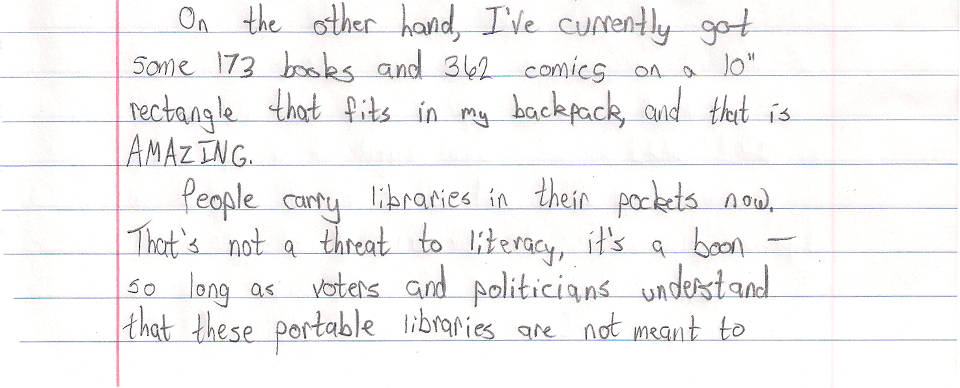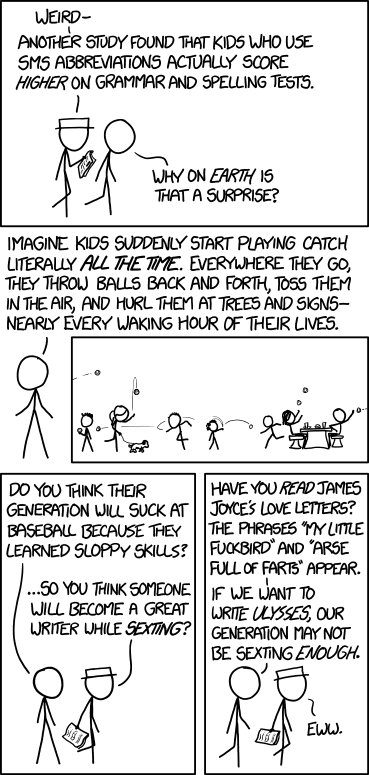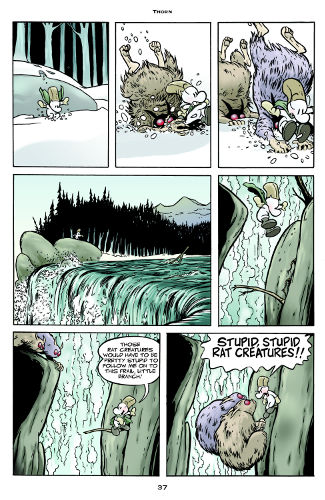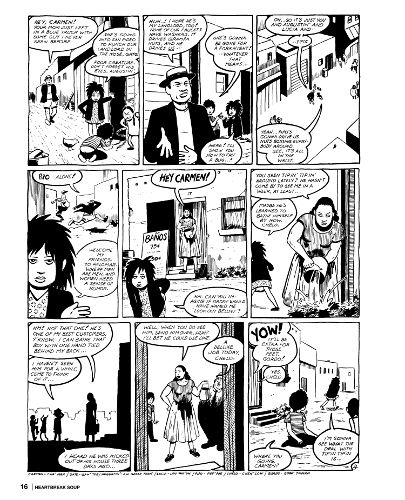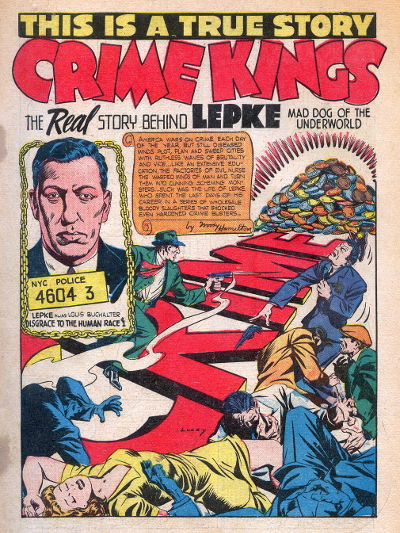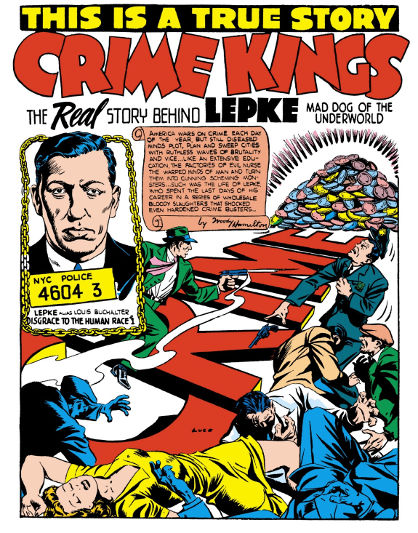So, per the last couple of posts, I find it entirely possible that, as vendors develop tablets that double as PC's, they may replace traditional desktop and laptop computers. For the common end user who just needs a web browser and (maybe) an office suite, I don't think that's going to be a tough sell.
But there are markets that rely heavily on more powerful computing hardware.
One is PC gamers. Others are the various types of media creators: people who create images, music, movies.
I've already mentioned dumb terminals and software as a service (SaaS) as a major current trend, with programs like Google Docs running in a browser and working as an effective substitute for traditional locally-run programs like Microsoft Word.
Of course, a word processor is one thing; an enterprise-quality photo editor is another, and a game requiring split-second timing is something else again.
But developers are working on it.
Photoshop
Last year Adobe released a limited beta of a streaming version of Photoshop for ChromeOS. Photoshop itself doesn't run in the browser; the app is a Remote Desktop shell that interacts with an instance of the Windows version of Photoshop running on a remote server.
So, by definition, this is no replacement for the Windows version of Photoshop -- because it is the Windows version of Photoshop. But it demonstrates a potentially compelling alternative to buying expensive, high-end hardware just to run Photoshop: what if you could buy cheap hardware, and pay a subscription fee to run Photoshop on someone else's expensive hardware?
Reactions to the ChromeOS version of Photoshop seemed generally positive; I would expect it to have some latency issues, but I also bet it runs faster on a remote server than it did on the Core 2 I had to use at GoDaddy. (Hey, when I said the Core 2 Duo was the last chip most users ever needed, I said I wasn't including Photoshop.)
Adobe has already moved Photoshop's licensing to a subscription model instead of a purchase model. (A lot of people are very angry about this, but I haven't heard anything to suggest it's led to a drop in "sales"; that's the thing about monopolies.) It's not hard to envision a transition to a subscription model where you run the program remotely instead of locally. Hell, they could even charge more money to give you access to faster servers.
A/V Club
Other media development suites could, potentially, move to streaming services, but there are caveats. Uploading raw, uncompressed digital audio and video files takes a lot more time than uncompressed images. And what about storing your source files? My grandmother puts together home movies on her iMac, and she's got terabytes of data going back some 15 years. That's the kind of storage requirement an amateur filmmaker can rack up; now think of how much somebody who does it for a living might wind up with. If you're renting storage space on an external server, on a month-to-month basis, that could get pretty costly.
But it's technically feasible, at least, that audio and video editing could be performed on a remote server.
Recording audio is another story. Anything more complex than a simple, single-track voice recording is still going to require specialized mixing hardware. And transferring your recording to a remote server in real-time, without lossy compression? You'd better be sitting on fiber.
So I think we can put "recording studios" -- even the home-office variety, like mine -- into the category of Stuff That's Not Going Anywhere for Awhile.
Games
Moving games to a streaming system is a challenge -- but I'm not sure it's as big a challenge as recording studios. It's more or less the same requirement as Photoshop: take simple inputs from a human interface device, send them to a server, have the server run them and respond accordingly, stream the video output back to the client. The trick is managing to do that in real-time with minimal loss of audio and video quality. That's the challenge -- but engineers are working on it.
The OnLive streaming service was a failure, but Sony bought it out; it sees value there. nVidia's got its own streaming solution too, in GRID. One of these things is not like the other -- Sony sells consoles at a loss and would stand to benefit from selling cheaper hardware, while nVidia makes a ton of money selling expensive graphics cards to enthusiasts and surely doesn't want to cannibalize its own market -- but obviously there's more than one type of gamer, and the people who shell out over $300 for a graphics card are in the minority.
Now, as minorities go, high-end PC gamers are still a pretty sizable minority; it's still a multibillion-dollar industry. But it's a fraction of the console gaming business, and it's expected to be surpassed by mobile gaming by the end of this year. Like the PC industry as a whole, it's still big and it's still growing, but it's growing a lot slower than other sectors and could be facing a long-term threat from new platforms.
Switching to a streaming platform could have a lot of appeal to game publishers; it combines the simplicity of developing for consoles with the superior hardware capabilities of the PC. Think about the possibility of developing for the latest and greatest hardware, but only for a single specific hardware build.
It would also, at long last, produce a form of DRM that could actually work.
While the industry has tried many, many copy protection schemes over the years, all of them are, sooner or later (and usually sooner), crackable. And there's a simple, logical reason for this: no matter what you do to encrypt the data of your program, you have to give the computer the means to decrypt it, or it won't work. No matter where or how you hide the key, if you give it to your users sooner or later they're going to find it.
But that's only true if the software is running on their computer. If the binary data is never copied to their hard drive, never stored in their memory, if the program is actually stored and run on a remote server somewhere and all the client has access to is a program that takes inputs and streams audio and video? Well, then there's no way they can copy the game, unless they actually break into your servers.
(Which, given Sony's history with Internet security, might not actually be so hard.)
I am not saying this is a good thing; in fact, I consider it something of a nightmare scenario.
Consider every problem you've ever had with an online or digitally-distributed game. Now think of what it would look like if every game had those issues.
Not just latency, lag, server outages, and losing your progress every time your Internet connection goes out. Consider that if a game is no longer profitable, they'll pull the plug. If a developer loses a license, the game(s) associated with it will go away. (Was GoldenEye ever released on Virtual Console? I don't think it was.) If a game gets updated and you liked the old version better, too bad. And remember when Nintendo ended its partnership with GameSpy and killed all the online multiplayer features of every Wii and DS game ever made? Imagine an entire generation's worth of games not working at all anymore, online or otherwise. Even though you paid for them.
Now, there's recent evidence that a strategy like this would fail. The Xbox One is still reeling from customer backlash against early plans to restrict used-game sales and require an always-on Internet connection even for single-player games, even though those plans were never even implemented.
On the other hand, there's evidence that even a wildly unpopular strategy could still succeed. Have you ever heard anyone who doesn't work for EA praise the Origin distribution service (or whatever the fuck they're calling it now)? I know I haven't, but people still use it. Because if you want to play Mass Effect 3 or Dragon Age: Inquisition, your only choices are consoles, Origin, and piracy.
And then there are examples that could go either way: Ubisoft continued to use DRM that required an always-on Internet connection for about two years, from 2010 to 2012, before finally giving in to market backlash.
It's hard to say how existing high-end PC gamers would react if the major publishers tried to force a transition toward streaming games -- or whether high-end PC gamers will continue to be a big enough market for the major publishers to care what they think. But for the foreseeable future, I think PC gaming will continue on much the same as it has for the past 15 years. There could be major changes on the horizon, but I sure don't see them happening in the next 10 years.
Then again, five years ago I was saying there was no way that streaming video would outpace Blu-Ray because there was just no way to stream 1080p video over a home Internet connection. So keep that in mind before trusting any predictions I make.














